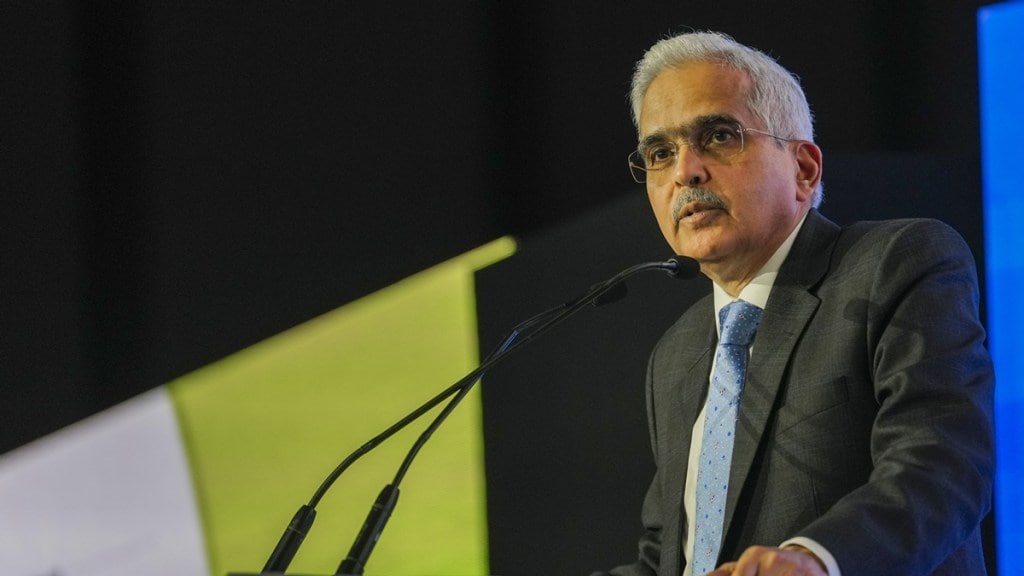Reserve Bank of India (RBI) Governor Shaktikanta Das said on Wednesday that the central bank is working to make the Unified Payments Interface (UPI) and RuPay “truly global” as part of its future objectives.
Speaking at the Global Fintech Fest 2024, Das outlined key focus areas for the RBI, including financial inclusion, expanding digital public infrastructure (DPI), consumer protection, cybersecurity, sustainable finance, and global integration of financial services.
The Unified Payments Interface (UPI) is an instant real-time payment system facilitating inter-bank transactions via mobile phones, while RuPay is an Indian-designed global card payment network.
“We are now focusing on making the UPI and RuPay truly global. The deployment of UPI-like infrastructure in foreign jurisdictions, facilitating QR code-based payment acceptance through UPI apps at international merchant locations, and interlinking UPI with Fast Payment Systems (FPS) of other countries for cross-border remittances are on top of our agenda,” he said.
Progress in this area has already been achieved with countries such as Bhutan, Nepal, Sri Lanka, Singapore, the UAE, Mauritius, Namibia, Peru, and France accepting RuPay cards and payments through the UPI network. These efforts highlight collaborative initiatives to promote India’s financial technologies worldwide, he said.
Das also noted that the fintech sector has attracted around $6 billion in investments over the past two years. He stressed the need for financial institutions and fintech firms to adopt robust frameworks to seize new opportunities and manage risks effectively.
Watch his full address here.
‘Setting priorities for India@100’
The RBI Governor also proposed to highlight three major aspects – setting the priorities for India@100; technologies for the future; the regulatory architecture for FinTechs.
“As a policy priority, financial inclusion should ensure that everyone has appropriate access to financial services. The Reserve Bank’s Financial Inclusion Index, which measures the level of financial inclusion, rose to 64.2 in March 2024 from 53.9 in March 2021. As a country, we have succeeded in ensuring banking access to every village within a 5 km radius or hamlet of 500 households in hilly areas. 530 million Jan Dhan bank accounts3 have been opened under a national mission, of which 66 per cent accounts have been opened in rural/semiurban centres and 55 per cent with women beneficiaries,” he said.
“In the pursuit of Digital Financial Inclusion, FinTechs may strive to offer innovative and accessible financial services, bridging gaps in traditional banking with digital payment solutions, microloans, and affordable insurance. They can enable seamless access to financial services in remote areas through mobile banking apps, digital wallets and online lending platforms, with superior and safe customer experience. The use of data analytics and AI could further enable personalised and efficient financial solutions,” he added.

